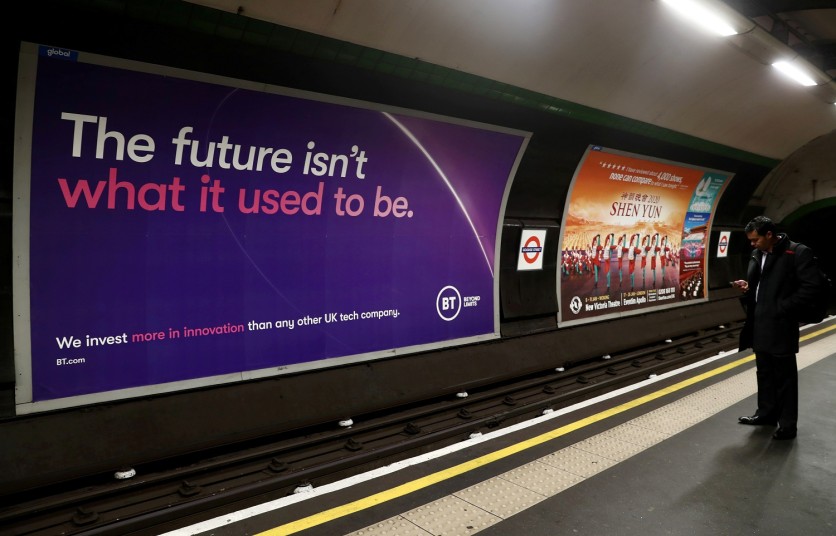As the home broadband use rose by 29% to an average of 41 hours a week, more families are having issues with the slow Internet speeds
Last month, one in five households in the UK have experienced internet issues, particularly slow speeds and poor connection. This led to various arguments within families since the lockdown started, as reported by This Is Money.
This is the case in Fiona Scott's house. Each day, the family must decide who gets priority as their broadband cannot cope with all five family members using it at once.

Increasing home broadband use
Scott is a media consultant from Swindon in Wiltshire. She complains of getting disconnected from important video meetings when someone else connects to the home internet.
Her husband Steve works in telecoms. Her children Sammi, Georgia and David have university and school work to complete.
"If David is having a Spanish or maths lesson via video, I can't get cross. But it is hard when I am being paid by the hour for my time and it takes three hours to do something because I keep getting cut off," said Scott who pays three Broadband £25 ($27.14) a month for 25 Mbps average speed.
The Internet during the lockdown
The Scotts are just one of the many families who are battling out broadband problems while stuck at home. Experts say the pandemic has exposed Britain's outdated infrastructure. They are now urging the UK government to prioritize vital improvements.
According to comparison site Uswitch, broadband usage has now gone up by 29% since the lockdown to an average of 41 hours a week.
The average UK household has up to five devices, including laptops, smartphones, or iPads, which are all connected to the internet at the same time. This results to slow speeds and poor connection complaints, over 30% of whom say they were unable to get online at all.
The outdated British infrastructure
Netflix streaming requires at least 3 Mbps. Broadband packages are typically 10 to 11 Mbps, but internet provider Ofcom said about 189,000 UK subscribers could not get more than 10 Mbps. As of March, households and businesses can upgrade their connection if they cannot get this.
Meanwhile, fiber broadband can offer average speeds of 300 Mbps, so the government has vowed to provide full-fiber internet to 15 million households by 2025 and across the country by 2033.
However, the coronavirus pandemic has worsened the situation, even halting the launch of the ultra-fast 5G mobile network.
Jonathan Leggett of Broadbandchoices says Britain's outage issues are partly due to a lack of engineers. However, he also thinks the current lockdown "has exposed the UK's slow pace of infrastructure improvements."
"We are determined to deliver on our gigabit commitment and are removing the barriers to industry and accelerating broadband rollout as well as investing £5 billion ($4.075 million) so the hardest to reach areas aren't left behind," said a spokesman from the Department of Culture, Media and Sport.

How to improve the speed
Customers of BT, TalkTalk, EE, Plusnet, Virgin Media, or Sky after March 1, last year, can cancel their subscriptions if their service drops below the promised minimum speed without any penalty. If the subscription is before that date, customers must wait until the end of the contract.
Users may test the broadband speed at uswitch.com/broadband/speedtest. They can use the results to complain to their provider, which has 30 days to improve the service.
Log the interruptions of service to show to providers. Otherwise, go to a dispute resolution scheme, either through Ombudsman Services or CISAS.
Also, some firms signed up to regulator Ofcom's code of conduct, so they must provide a minimum guaranteed download speed and reflect peak-time speeds.
Have a family routine for Internet use. Some providers allow the pausing of broadband on certain devices as scheduled.
Create a password for the Wi-Fi and do not share it. The more people connected to the broadband, the slower it will be.
Meanwhile, moving the router may have a positive effect. Keep it near a window; walls and microwaves can block the signals while broadband accelerators can improve speeds.
Read also : Twitter to Flag Misleading COVID-19 Tweets; Send Labels and Warnings to Prevent Disinformation
ⓒ 2025 TECHTIMES.com All rights reserved. Do not reproduce without permission.




